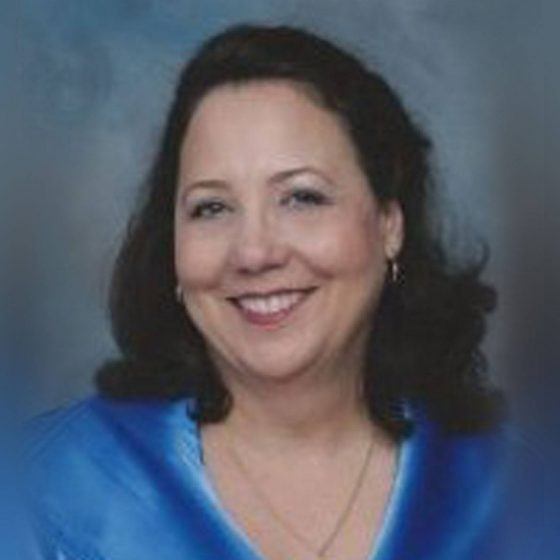Nolan Auerbach & White is an experienced Healthcare Fraud Law Firm helping courageous whistleblowers.
Hospice care encompasses a broad range of supportive care services to beneficiaries expected to survive 6 months or less. A team of health care professionals and volunteers provide medical, psychological, and spiritual support, with the goal of helping dying patients, to have peace, comfort, and dignity, but without the expectation of cure during a terminal illness. Terminal illnesses may include cancer, advanced cardiovascular disease, and other disease processes. Hospice programs also provide respite services to support a patient’s caregiver family. Hospice care may take place at home, at a hospice privately-owned center, in an acute-care hospital or in a skilled nursing facility (SNF).
The Medicare hospice benefit provides for virtually all categories of care for the terminal beneficiary and is covered under Part A of traditional Medicare, even if the beneficiary was enrolled prior to receiving these services in a Medicare managed care plan. Regulations and guidance governing covered services under the Hospice benefit are outlined in 42 CFR 418.200 – 418.205. Medicaid programs have similar coverage conditions and benefits.
Hospices may be for-profit or not-for-profit. Some hospices, (non-profit as well as for-profit) have constructed inpatient facilities of their own, wherein all hospice services that may be required in an inpatient facility may be delivered to the beneficiary, in place of care delivery in a patient’s home, an acute care hospital, or long-term care facility not equipped to provide these services.
Hospice organizations with physical facilities of their own providing onsite services are referred to as General Inpatient Care (GIP). An HHS-OIG Report determined that hospices with ownership equity in dedicated facilities provided more GIP services to more Medicare beneficiaries for longer intervals of time than hospices without such ownership interests. The latter type of hospices (i.e., absent proprietary GIP interests) referred patients for fewer inpatient admissions with shorter lengths of stay to alternative sites of service [i.e., sub-acute nursing facilities (SNF) and acute care general hospitals].
Such differential utilization of inpatient beds between hospices with different ownership equity raises the possibility of Medicare fraud. It is unlikely that the morbidity (burden of illness) between the beneficiaries refereed to the two types of hospices – those with proprietary facilities versus those utilizing hospital or SNF beds – is sufficient to explain such differential use of inpatient beds. If discovered to be the case, such self-referral may constitute a violation under the Stark Law and raises the possibility of prosecution for fraud against the Medicare program.


